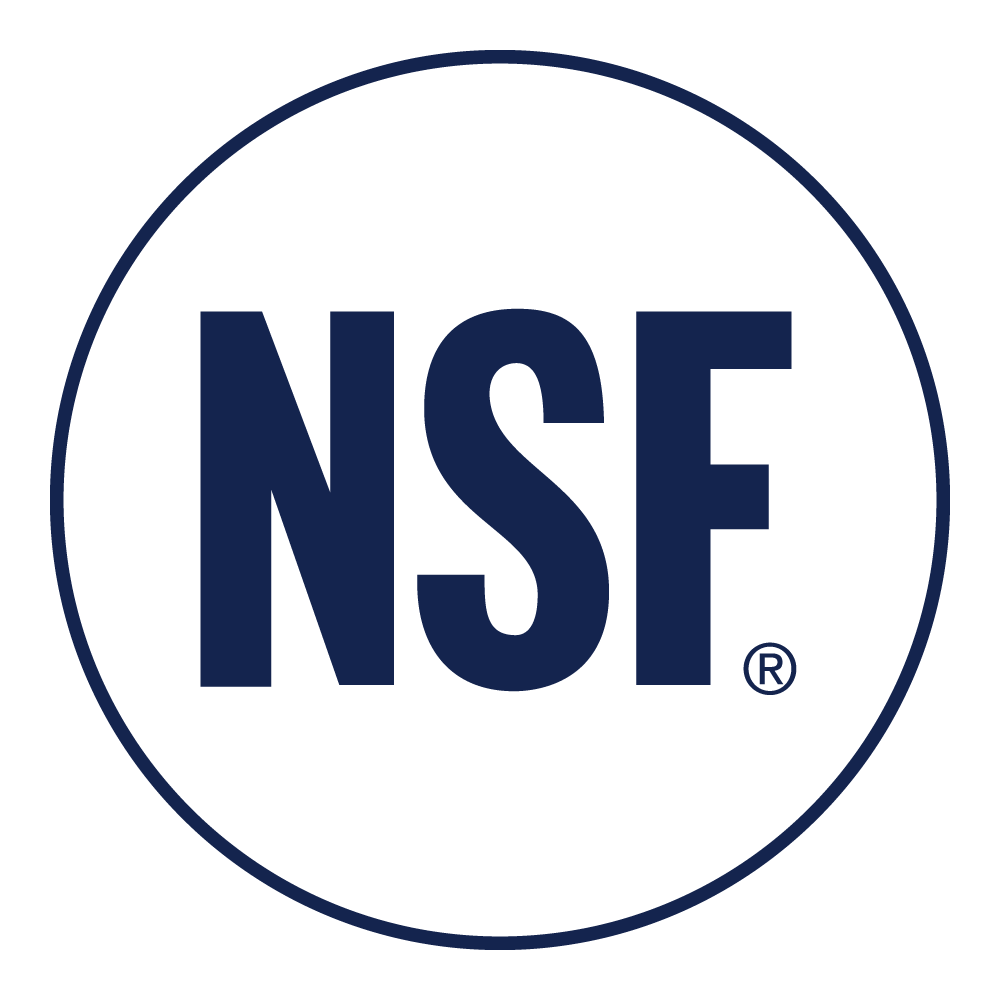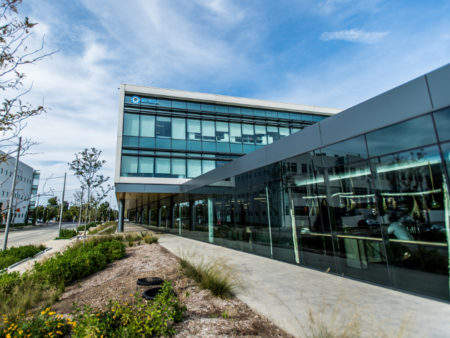NSF International’s Teams-Up with Textile Exchange to Expand Global Reach and Sustainable Services
NSF International has announced a new partnership with non-profit organization Textile Exchange to boost sustainability in the textile industry.
NSF International is a multifaceted organization working to protect human health and the environment in a variety of ways, including development of standards and testing and certifying products for the water, food, health sciences, sustainability, organic and consumer goods industries. Textile Exchange provides knowledge and tools to the textile industry to make significant improvements in three core areas: fiber and materials, integrity and standards, and supply network.
"By working together, we can expand our reach globally, work more deeply within existing programs and maximize the positive impact we’re making," said LaRhea Pepper, managing director of Textile Exchange. "Both of our organizations and our members will benefit from this new strategic relationship."
Together, NSF International and Textile Exchange possess technical and scientific expertise in sustainability standards development and certification as well as supply chain consulting, training and education services. NSF International has more than 70 years of standards development experience, including development of American National Standards Institute (ANSI) standards. Textile Exchange’s focus on the textile industry helps to broaden NSF International’s sustainability scope beyond its current expertise in animal welfare, food, safer chemicals, building products and materials, and water quality.
"Our organizations have similar missions and we’ve worked together closely in the past," said Jenny Oorbeck, general manager of sustainability at NSF International. "This strategic partnership is a natural fit since we’re both committed to, and working diligently to, protect the environment and human health through sustainability standards, certification and supply chain services in several sectors."
NSF International will make targeted investments in Textile Exchange’s global operations, information systems and personnel. Additionally, NSF International will share expertise and resources related to standards development, certification, proprietary supply chain technology and global marketing capabilities. The partnership enhances both organizations’ sustainability services and gives NSF International access to Textile Exchange’s deep expertise and best practices in the preferred fiber and materials (PFM) industry.
Textile Exchange works closely with some of the world’s largest brands and retailers. "They are a well-respected organization and a thought leader in the textile industry," said Oorbeck. "Their global staff works with the full range of textile supply networks including farmers, processors, manufacturers and multinational brands."
Textile Exchange developed a suite of preferred textile standards that complement NSF International’s existing sustainability standards. The partnership will enable the organizations to develop new standards and harmonize existing standards, such as NSF International’s Global Traceable Down Standard and Textile Exchange’s Responsible Down Standard.
"We plan to harmonize these similar standards to minimize market confusion among brands and manufacturers that want to source down and feather material responsibly," Oorbeck said.



